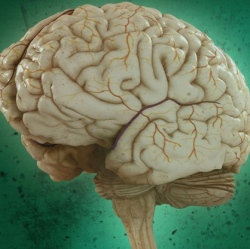
Over 60 million Americans experience mental illness in a year, and the impacts of it are felt by millions more in the form of family members, friends, and coworkers. Despite the availability of evidence based treatment, 40% of individuals with mental illness do not receive care and many who begin an intervention fail to complete it.
A new report, published in Psychological Science in the Public Interest, a journal of the Association for Psychological Science, investigates stigma as a significant barrier to care for many individuals with mental illness. While stigma is one of many factors that may influence care seeking, it is one that has profound effects for those who suffer from mental illness:
“The prejudice and discrimination of mental illness is as disabling as the illness itself. It undermines people attaining their personal goals and dissuades them from pursuing effective treatments,” says psychological scientist Patrick W. Corrigan of the Illinois Institute of Technology, lead author on the report.
“One does not work long on mental health issues before recognizing the additional hardships caused by stigma,” write Former U.S. First Lady Rosalynn Carter, Rebecca Palpant Shimkets, and Thomas H. Bornemann of the Carter Center Mental Health Program in a commentary that accompanies the report.
These problems continue today, they add, in the form of poor funding for research and services compared to other illnesses; structural forms of discrimination; and “widespread, inaccurate, and sensational media depictions that link mental illness with violence.”
